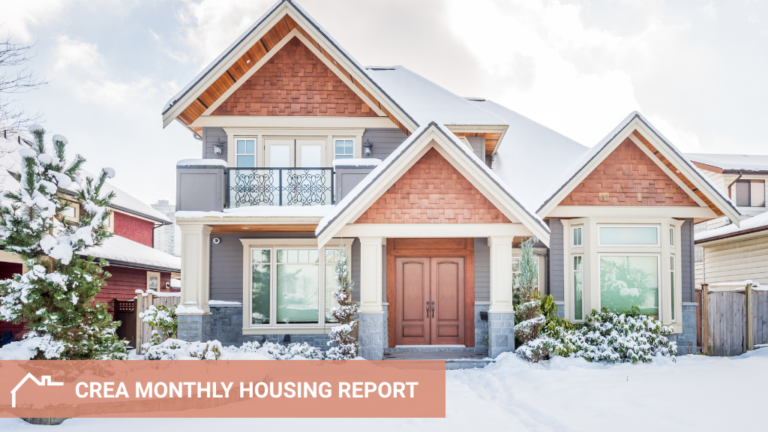
Investing in a property for short-term rentals, such as those listed on platforms like Airbnb, can be a lucrative venture. Short-term rentals can generate higher income compared to long-term leases, but there are significant challenges, including legislative restrictions and managing higher turnover.
To successfully purchase and manage a short-term rental property, consider the following:
Research Local Regulations
Understand the local regulations governing short-term rentals. Some cities have strict rules or outright bans on short-term rentals, while others require specific licenses or permits. Compliance with these regulations is crucial to avoid fines and legal issues. Check local government websites and consult with a professional before proceeding.
Evaluate Market Demand
What is the demand for short-term rentals in the area you’re considering? Locations with high tourist traffic, business hubs, or popular festivals and events tend to attract more short-term renters. Analyze occupancy rates, average daily rates, and seasonality to determine the potential profitability and set competitive rental rates. Short-term rental platforms and market analysis tools are useful sources of data when conducting your research.
Choose the Right Property
Consider factors like proximity to attractions, property size, amenities, and the overall appeal to potential guests. For instance, in an area popular with budget-conscious families, a high-end condo, a luxury home or a small, rustic property aimed at young, affluent professionals, will likely face challenges in securing bookings. Properties that offer unique experiences or are located in desirable neighbourhoods typically perform best. Visit potential properties to assess their condition, layout, and suitability for short-term rental use.
Factor in Operational Costs
Short-term rentals often incur higher operational costs compared to long-term rentals, including frequent deep cleaning (especially post-Covid), utilities, property management fees, and supplies for guests. Calculate these expenses to ensure you will still see a profitable return on investment. Use conservative estimates, and create a detailed budget to avoid financial surprises. Include an emergency fund and budget for repairs and replacement of damaged kitchenware, furnishings and other such items.
Market Well
Make sure your property is seen. List your property on multiple rental platforms and use professional photos to attract more bookings. Use social media to extend your reach. Remember, your reviews and comments are advertising, too. Be sure to respond to all of them, good or bad.
Prepare for Management of the Property
Decide whether you will manage the property yourself or hire a professional management company. Self-management can save money but requires time and effort. Professional management can provide expertise and convenience, but it comes at a cost.
Understand Tax Implications
Short-term rental income is subject to taxation and there are tax implications if and when you sell. Familiarize yourself with the tax rules regarding rental properties. Investigate deductions you can claim as expenses, keeping detailed records of all supporting transactions. An accountant or a tax advisor can help you stay compliant and optimize your tax strategy.
Prepare for Seasonal Variations
Short-term rental demand often fluctuates seasonally, so it’s important to understand how this will affect your income and plan accordingly. Consider adjusting your rental rates during peak seasons; prepare for higher vacancies during off-peak times. Dynamic pricing tools such as PriceLabs, AirDNA, or Beyond Pricing can help you adjust your rates based on demand to maximize your income.
Provide Quality and Safety
Finally, providing a safe and comfortable environment is crucial for attracting and retaining guests, and getting good reviews. Invest in quality furnishings, ensure the property is well-maintained, and comply with safety regulations. Regularly inspect the property and address any issues promptly. This will boost your booking rates and protect the value of your property.
Are you or someone you know thinking about investing in real estate? Work with a local RLP InvestorsEdgeTM agent who can help you every step of the way.




